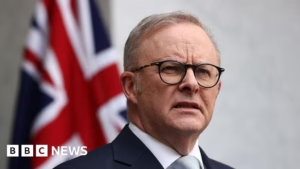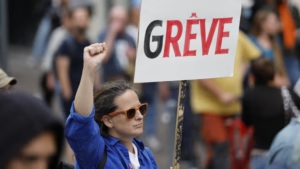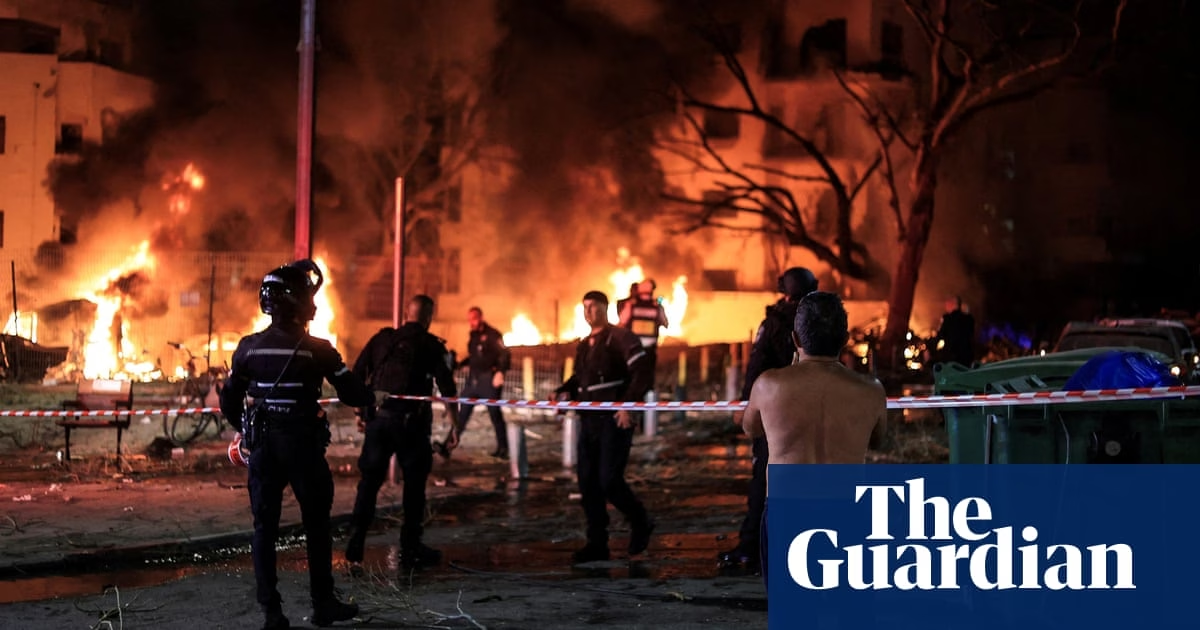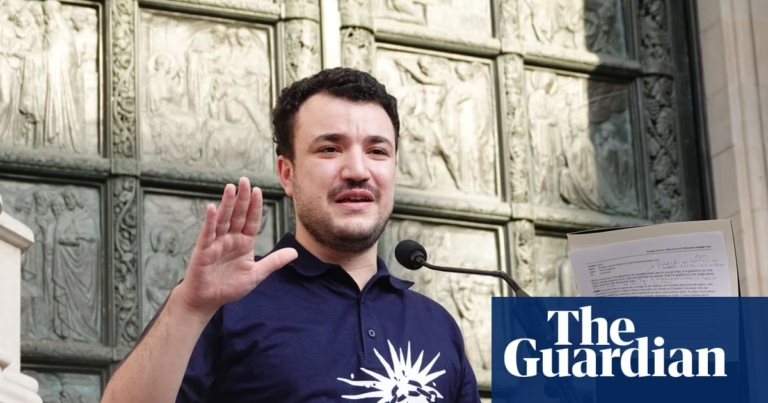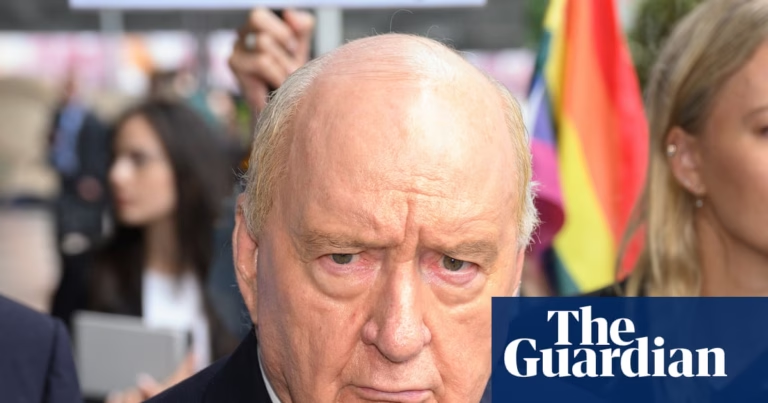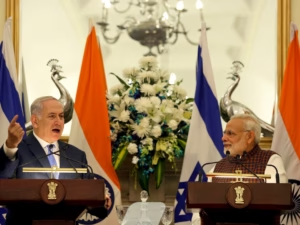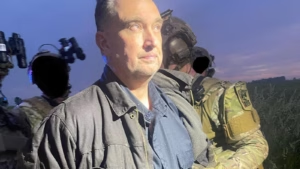Iranian missiles have struck Israeli cities, including Tel Aviv and Haifa, resulting in the destruction of homes and heightened concerns among world leaders at the G7 meeting that the conflict could escalate into a broader Middle East war. Israeli media reported that three people were killed and dozens more were injured in the attacks. In the central Israeli city of Petah Tikva, near Tel Aviv, Iranian missiles hit a residential building, causing significant damage to the structure.
Search and rescue operations were underway in Haifa, where about 30 people were reportedly wounded and fires were seen burning at a power plant near the port. Iranian state TV announced that over 100 missiles had been fired at Israel, indicating a refusal to yield to international calls for de-escalation as the country retaliated against Israel’s surprise attack on Tehran’s nuclear program.
The Revolutionary Guards in Iran claimed that the latest attack employed a new method that caused Israel’s multi-layered defense systems to target each other, a claim that the Israeli military did not immediately comment on. Israeli officials have previously stated that their defense system is not 100% effective and warned of challenging days ahead.
Israeli strikes on Iran’s energy and defense ministry killed the intelligence chief of Iran’s Revolutionary Guards, Mohammad Kazemi, along with two other officers. Late on Sunday, the Israeli military announced that it was targeting surface-to-surface missile sites in Iran.
Images from Tehran showed a massive blaze at a fuel depot after Israeli strikes on Iran’s oil and gas sector, raising the stakes for the global economy and the functioning of the Iranian state. At least 14 people, including children, were killed in earlier strikes in Israel, according to authorities.
As G7 leaders gathered in the Canadian Rockies, the Israel-Iran conflict was expected to be a top priority. Before leaving for the summit, US President Donald Trump expressed hope for a deal but acknowledged that sometimes conflict is necessary. The German chancellor, Friedrich Merz, emphasized the need for Iran not to develop or possess nuclear weapons and the importance of diplomacy.
Reuters reported that Iran has told mediators Qatar and Oman that it is not open to negotiating a ceasefire while under Israeli attack. In Washington, Reuters also reported that Trump had vetoed an Israeli plan to kill Iran’s supreme leader, Ayatollah Ali Khamenei. Israeli Prime Minister Benjamin Netanyahu declined to comment on the Reuters report and stated that Israel does what it needs to do.
Source: https://www.theguardian.com/world/2025/jun/16/israel-iran-conflict-tel-aviv-haifa-missile-strike
